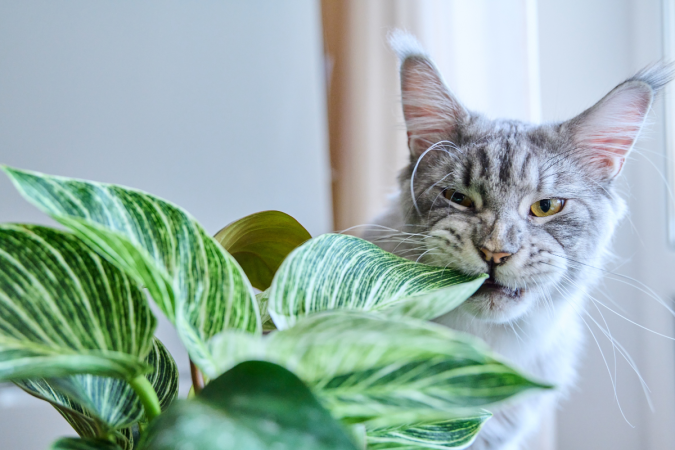Popular Houseplants That Are Toxic to Pets—And the Safe Alternatives to Consider
Houseplants like Pincushion Cactus, Snake Plant, Hoya Plant, String of Pearls, Jade, and Christmas Cactus are all over Instagram, but not all are safe for your furry friends. While some trending indoor plants are pet-friendly, others are highly toxic to cats and dogs. Before adding any greenery to your home, it’s crucial to research the plant’s safety to avoid accidental poisoning.
According to data from RiversWallArt.com, some of the most Instagrammable plants—those with millions of social media tags—are also among the most harmful for pets. Aloe vera, for example, has racked up over 5 million Instagram posts but poses serious health risks to animals. If ingested, it can lead to vomiting, diarrhea, lethargy, and even tremors in pets.
Agave follows closely behind, with more than 2.4 million posts, and can cause drooling, irritation, and digestive distress. In contrast, the Haworthia plant, which ranks as the third most-shared plant online, is a safe, non-toxic option for pet-friendly households.
Sedum claims the fourth spot on the list and is generally safe for pets, although some varieties may cause mild stomach upset if eaten in large amounts.
Before purchasing trendy houseplants featured on your social feed, especially those like Jade or the String of Pearls, make sure they're safe for pets. Even plants marketed as indoor-friendly can pose a risk if they’re not also pet-safe. Doing your research helps protect your home—and your pets—from accidental harm.

